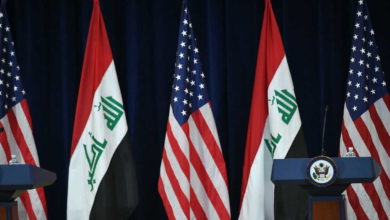Cyber Attacks And State Responsibility for Them

Zahraa Imad Muhammed Kalanter
The nature of life is continuous change, and our era is currently characterized by its ever-increasing speed, through the development of human societies that often go through historical turns determined by revolutions in science and technology, the development of available means of production and their repercussions on society, and as an extension of these sharp turns in human history, now we are witnessing a new revolution in the communications sector, especially in the field of information technology.
The increasing reliance on the Internet in most aspects of life, such as economy, culture and society, has increased the risks as well. This development has allowed new ways of international interaction that were not noticed or expected when establishing the prevailing legal systems. After international dealings during armed conflicts take place on the ground or Air or sea, thanks to these technologies, is done electronically within an information system completely different from traditional armed conflicts, and cyberspace has become a real competitor to the traditional international scale, and the threat of cyber attacks has begun to loom more than ever and with the increasing global reliance on digital technology, increased also the exposure to attacks on critical infrastructure through cyberspace.
Cyber attacks have become one of the effective ways and methods without significant costs. After the traditional system relied on human military power to confront the rest of the countries or control them by land, air, or sea, which costed the countries a lot of human and material losses and required time and effort, the international information system (cyber) depends mainly on electronic means for all the affairs of individuals and societies, and countries can influence others and paralyze their banking, security or military system with the push of a button from afar without incurring the trouble and without causing human losses in their ranks. However, the destruction they achieve in the attacked country may outweigh the effects of the traditional armed conflict, whether in the loss of human lives or the destruction of infrastructure.

